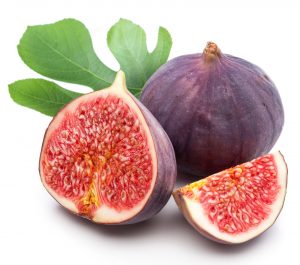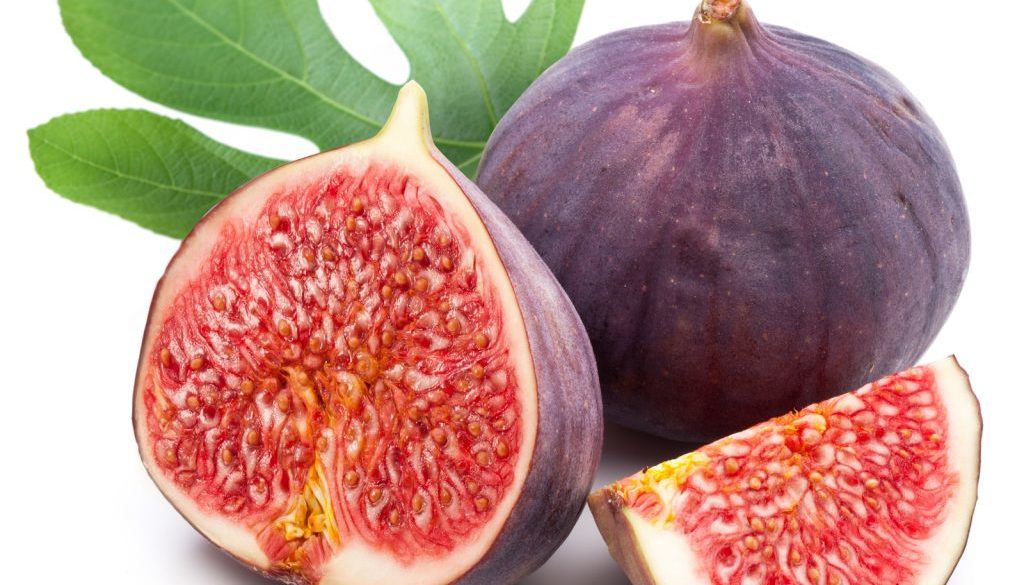Mark 11:12-14 No More Figs

Jesus and His disciples made it to Jerusalem in our reading yesterday. It was an amazing ceremony! One not seen in a LONG time. They spent the night in Bethany and are on their way back into the city today. We get a glimpse into their morning trek.
As Jesus is walking along the road, He becomes hungry. He sees a fig tree in the distance. It is full of leaves so He goes over to search for something to eat. I have been looking up a lot of information of when to expect figs from the fig tree. From what I have read, I have learned that the first fruits of a fig tree, called the breba crop, begin growing before the leaves of the tree. The fruit is visible and obvious at this stage but are not ripe or ready to pick. This first crop is also of lower quality in taste. The first crop is produced from the tree’s last year’s nutrients. I wonder if this was the crop Jesus was expecting to find. The second crop of figs sets on in later in the year and uses that season’s nutrients for its growth. This is the more desirable crop. The breba crop ripens as the leaves grow and then is either picked or falls off early on in the season. If there is a frost the first fruit often doesn’t even make it to maturity. The second crop is hardier and develops on a fully leaved tree. I believe Jesus made His search between the two crop seasons.
Israel is often represented by the fig tree. I don’t know if Jesus’ encounter with the fig tree was supposed to relate some biblical truth about Israel or not. But this encounter would provide a very useful spiritual message the following day.
I want to look at the fig tree on two levels today and ascribe some spiritual significance to the missing fruit. I’m certainly not the first person to do this and will probably not be the last. Let’s start with the missing breba fruit. Because there were leaves on the tree Jesus knew that the first crop would have come on, unless this was an immature fig tree and was not old enough to fruit yet. It takes four to five years before a healthy fig tree bears its first fruits. As mentioned earlier, the breba fruit is susceptible to many different conditions, including frost or over fertilization, and can drop before it ripens. Another possible reason for the absence of this first fruit is that it may have already been picked clean. Although the first crop isn’t as tasty it is still useful and harvested, if it survives.
I was sitting here thinking about the two fruit seasons and how it correlated with spiritual growth. I was thinking about how Jesus’ disciples could be seen as the fig tree. When they walked with Jesus in the flesh they were producing fruits from the time He commissioned them and gave them authority to teach and do miracles in His name. They were doing mighty works, but their faith was still small. Several times Jesus talked about how their faith was weak or lamented their lack of faith. This was their breba crop. Yes it was fruit but it wasn’t quality fruit.
After Jesus’ ascension, He sent His Holy Spirit. The fruit the disciples would bear from then on would be their second crop. It was a much better quality and hardier yield. This was the fruit out of which the church would be born. The fruit that would be used to bring the firsthand account of Jesus to the world. The fruit that would continue to ripen until He came to reap the full harvest.
I was also thinking about how Jesus cursed the tree and prevented that second crop from forming. He stopped all future crops from this tree. Judas would become that tree, using my earlier analogy. Judas bore the first crop with the rest of the disciples, but he would bear no more. With Judas’ betrayal his “tree withered.” The true life left him and there was no fruit left in him. His death ended any possibility of restoration or revival. Like the fig tree, Judas withered and died.
Another analogy for the fig tree is the two covenants God gave us. The first covenant God made with man could not do the work that was necessary to make us one with Him again. It was made using previous growth nutrients. It was made because God cherished His past unspoiled time with man. He desired that again, but we couldn’t live up to the requirements laid down in it. It was not meant to save men’s souls but to keep us as close as possible to God until He sent a better covenant. This was the breba crop of believers. There were many fruits that dropped before maturity but there were still many that continued to full maturity.
With Jesus’ sacrifice, the new crop of believers was birthed on a new relationship with God. Essentially “this year’s growth.” This was a hardier and sweeter crop. This was the crop that He had been waiting patiently for. The one that He is still tending until harvest time.
Father God, I don’t know if I correctly interpreted what You put in this story. I thank You for showing me something in this story though. Thank You for making me part of the second crop. I know I would (and do) fall short of the requirements in Your first covenant. Thank You too for showing us Jesus’ humanity. His hunger and His disappointment at finding nothing to eat.
Thank You Jesus for the lessons You brought to us for centuries from this ordinary morning walk during an extraordinary time in Your life. You took the time to teach even during Your most stressful week. I would have been wound so tight that I would be cursing everything in sight! I cannot imaging enduring that kind of stress. Good thing You had a couple of acceptable outlets/outburst opportunities.



